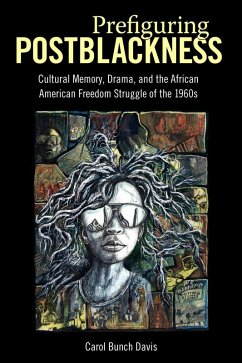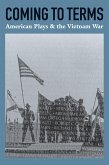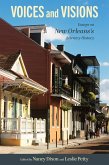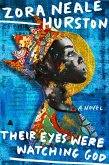Prefiguring Postblackness explores the tensions between cultural memory of the African American freedom struggle and representations of African American identity staged in five plays between 1959 and 1969 during the civil rights era. Through close readings of the plays, their popular and African American print media reviews, and the cultural context in which they were produced, Carol Bunch Davis shows how these representations complicate narrow ideas of blackness, which often limit the freedom struggle era to Martin Luther King's nonviolent protest and cast Malcolm X's black nationalism as undermining the civil rights movement's advances.
These five plays strategically revise the rhetoric, representations, ideologies, and iconography of the African American freedom struggle, subverting its dominant narrative. This revision critiques racial uplift ideology's tenets of civic and moral virtue as a condition of African American full citizenship. The dramas also reimagine the Black Arts movement's restrictive notions of black authenticity as a condition of racial identity, and their staged representations construct a counter-narrative to cultural memory of the freedom struggle during that very era. In their use of a "postblack ethos" to enact African American subjectivity, the plays envision black identity beyond the quest for freedom, anticipating what blackness might look like when it moves beyond the struggle.
The plays under discussion range from the canonical (Lorraine Hansberry's A Raisin in the Sun and Amiri Baraka's Dutchman) to celebrated, yet understudied works (Alice Childress's Wine in the Wilderness, Howard Sackler's The Great White Hope, and Charles Gordone's No Place to Be Somebody). Finally, Davis discusses recent revivals, showing how these 1960s plays shape dimensions of modern drama well beyond the decade of their creation.
These five plays strategically revise the rhetoric, representations, ideologies, and iconography of the African American freedom struggle, subverting its dominant narrative. This revision critiques racial uplift ideology's tenets of civic and moral virtue as a condition of African American full citizenship. The dramas also reimagine the Black Arts movement's restrictive notions of black authenticity as a condition of racial identity, and their staged representations construct a counter-narrative to cultural memory of the freedom struggle during that very era. In their use of a "postblack ethos" to enact African American subjectivity, the plays envision black identity beyond the quest for freedom, anticipating what blackness might look like when it moves beyond the struggle.
The plays under discussion range from the canonical (Lorraine Hansberry's A Raisin in the Sun and Amiri Baraka's Dutchman) to celebrated, yet understudied works (Alice Childress's Wine in the Wilderness, Howard Sackler's The Great White Hope, and Charles Gordone's No Place to Be Somebody). Finally, Davis discusses recent revivals, showing how these 1960s plays shape dimensions of modern drama well beyond the decade of their creation.
Dieser Download kann aus rechtlichen Gründen nur mit Rechnungsadresse in A, D ausgeliefert werden.









